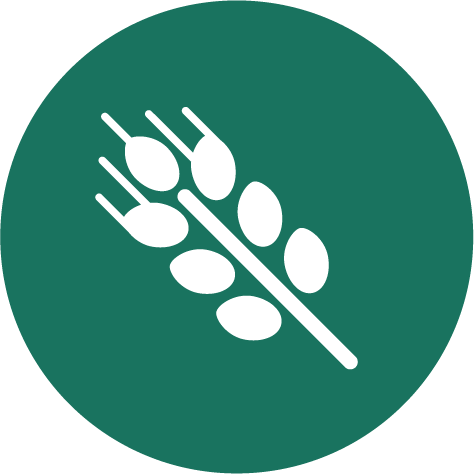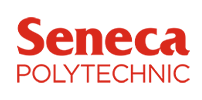 Agriculture & Agri-Food
Agriculture & Agri-Food Industry Development
Industry Development Online scheduled
Online scheduled Winter Term
Winter Term Spring/Summer Term
Spring/Summer Term Less than $500
Less than $500 English
English
This course focuses on what’s needed for an effective food distribution system. You will develop a comprehensive understanding of monitoring shipments with tracking and tracing practices, technology and transaction protocols.
You will examine the complexities of track and trace in relation to authenticity, safety and sustainability. You will also address issues related to environmental impact, social equity and economic viability. The course’s industry-focused curriculum will explore what’s needed to ensure a safe food supply.
The course offers hands-on learning through case studies, guest lectures and online collaboration.
This microcredential is for graduates and working professionals who are interested in enhancing their knowledge of sustainable supply chain practices or helping their organizations achieve environmental, social and governance related goals.
Skills and Competencies
The supply chain is typically measured by its economic performance having importance over, and overlooking, the social and environmental aspects. To reach true sustainability, stakeholders must change practices on how supply chains are managed. Considering the specific characteristics of food supply and perishable products, the partnership principles in supply chain management have received a lot of attention over the past years. Consumers are increasingly scrutinizing the provenance and authenticity of food, demanding more transparency and food safety compliance. A recent initiative by the Canadian Food Inspection Agency led by the Biodiversity Institute of Ontario to suggest improvements in traceability. The responsibility for the integrity of our food supply (provenance, authenticity and food safety compliance) involves government agencies and all trade partners along the supply chain. The use of technology, and track and trace practices, to improve supply, provides benefits of collaborative approaches to improve food distribution and its relation to sustainable development goals for increasing food security within communities. Food that lacks integrity often ends up in landfill sites. Hence, a more effective supply, and safe and sustainable food system, leads to a reduction of carbon emissions, and more importantly, reduction of methane gases – which are far more potent than CO2. Overall, this contributes to reduction of carbon, healthy communities, and a healthy planet. This microcredential will support better track and trace capabilities and contribute positively to the food supply by increasing food safety and sustainability.
 Spring/Summer Term
Spring/Summer Term Winter Term
Winter Term